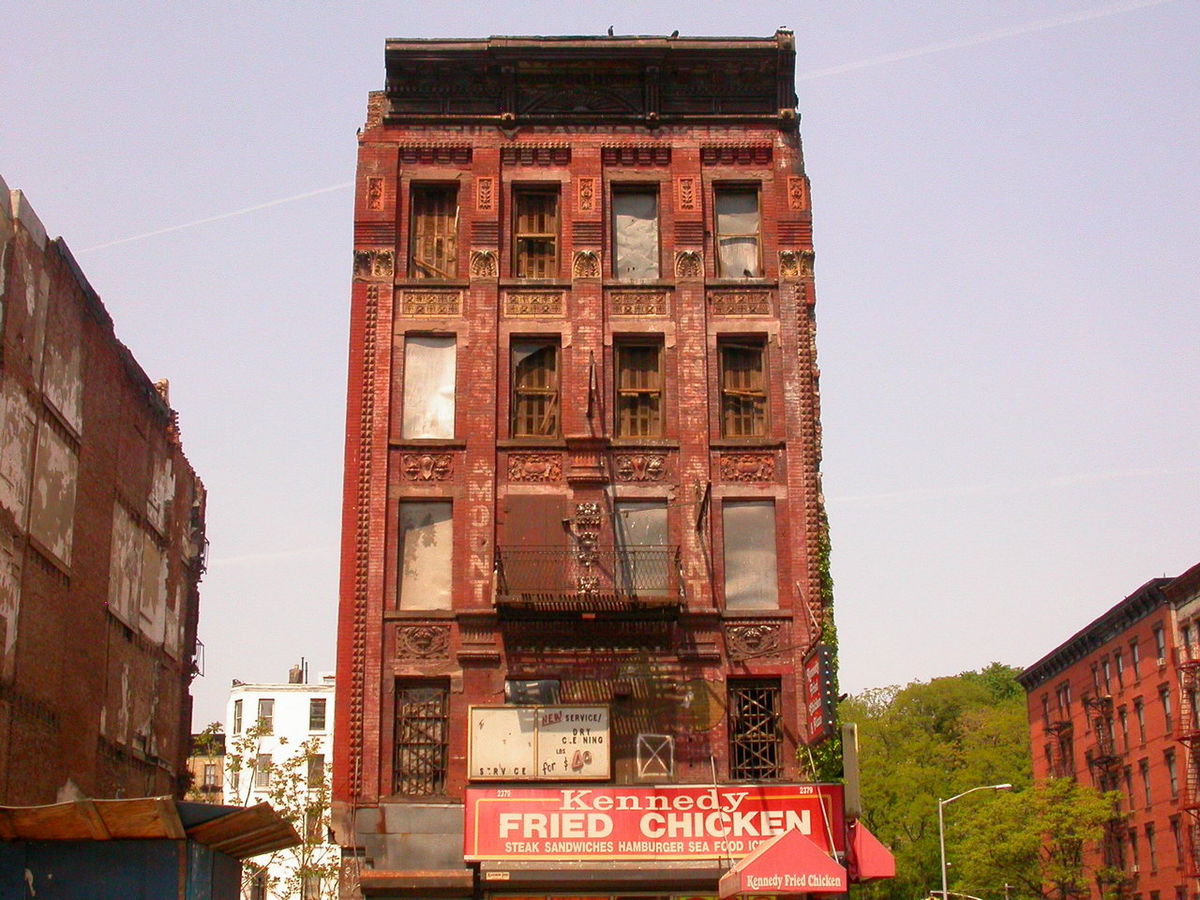To prevent façade collapse accidents, the NYC DOB gets tougher
 To prevent accidents related to façade collapse or falling debris, any New York City buildings of six stories or higher must have its façade inspected every five years as part of what is known as the “Façade Inspection Safety Program”. This program was started in 1980 after Grace Gold, a Columbia University student, was killed by falling debris on a Broadway sidewalk. It was originally called Local Law 10 which then morphed into Local Law 11 as the DOB tried to improve the inspection process.
To prevent accidents related to façade collapse or falling debris, any New York City buildings of six stories or higher must have its façade inspected every five years as part of what is known as the “Façade Inspection Safety Program”. This program was started in 1980 after Grace Gold, a Columbia University student, was killed by falling debris on a Broadway sidewalk. It was originally called Local Law 10 which then morphed into Local Law 11 as the DOB tried to improve the inspection process.
Despite the regular inspections, falling debris from defective façades continue to kill and injure pedestrians. Last year multiple cases of façade collapses including a dramatic accident during which architect Erica Tishman was killed by falling masonry, lead the Department of Buildings to issue a new amended rule for façade inspections in New York City just before the start of the 9th Cycle Façade Inspection Safety Program (FISP) starting on February 20.
Penalties are going up
- Failure to file penalty is now $5000 instead of $1000 with an extra monthly $1000 for late filling
- Failure to address an unsafe condition will lead to a monthly $1000 penalty and additional penalty based on the size of the sidewalk shed
- A new $2000 civil penalty will be imposed on building owners who did not address a Safe with a Repair and Maintenance Program (SWARMP) condition by the next cycle
Inspections are getting more extensive
The new rule now requires building owners to execute full-height hand-on inspections at every 60 foot interval of any façade facing the street or pedestrians right-of ways instead of previously one full hand-on inspection per building. Additionally a “façade condition certificate” must be displayed in the lobby.
Inspectors need more qualifications
To be qualified, exteriors wall inspectors must have 7 years of relevant experience and anyone else involved in the inspection process must be an architect or an engineer with three years of relevant experience or five years of relevant experience in the absence of a degree.
 New York Personal Injury Attorneys Blog
New York Personal Injury Attorneys Blog


